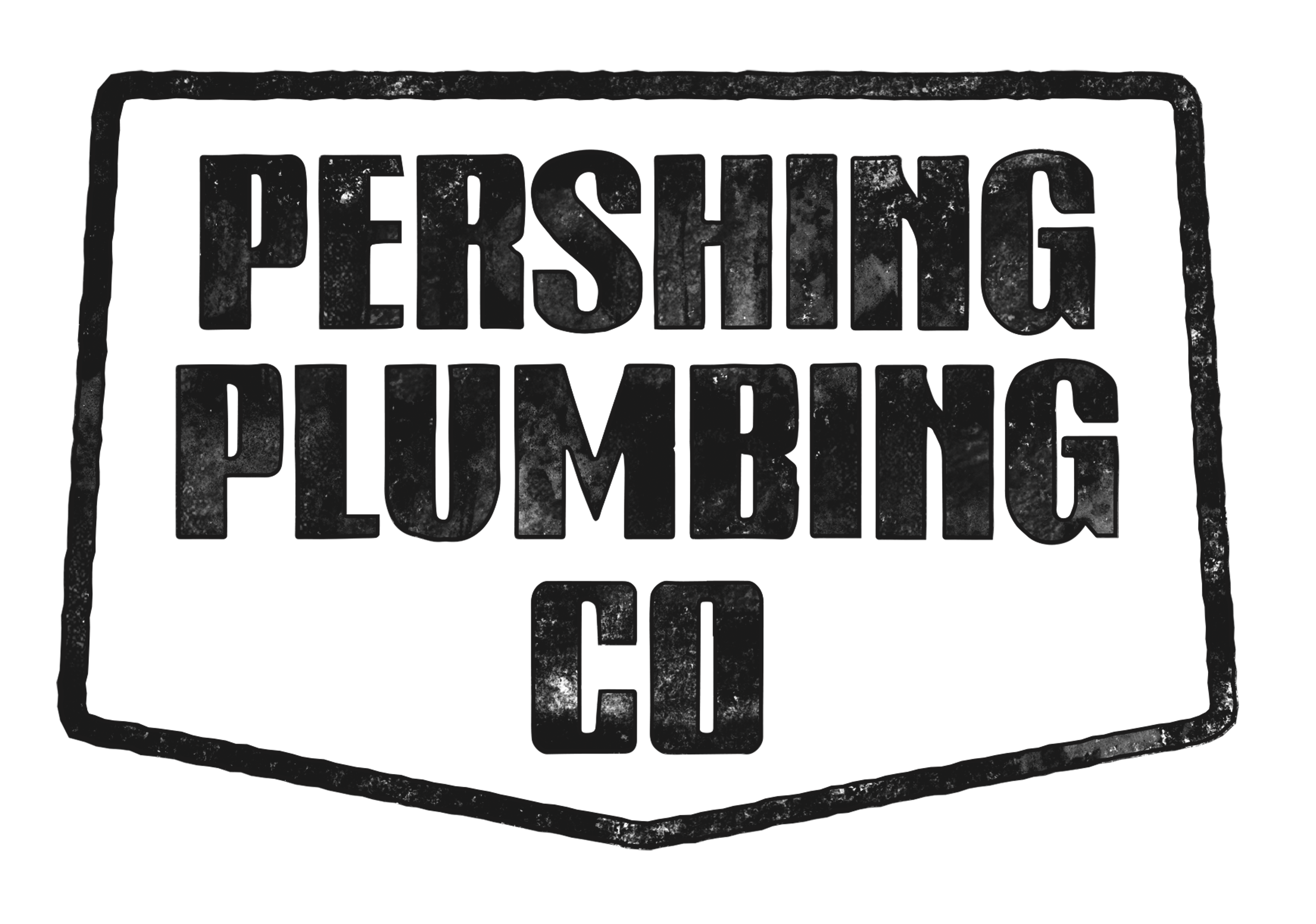Recurring pipe clogs are a common household problem that can disrupt daily life and lead to significant repair costs. While common causes such as hair, grease, and small objects are well-known, there are other factors that might not be immediately apparent. This blog dives into innovative insights and strategies to tackle the less obvious reasons behind frequent pipe blockages.
Exploring Lesser-Known Factors Behind Pipe Clogs
- Chemical Reactions Certain chemicals that are commonly poured down drains, such as cleaning agents or beauty products, can react with the materials inside the pipes or with each other. These reactions can lead to unexpected deposits and gradual blockages.
- Changes in Water Chemistry Shifts in the pH balance of your water supply can affect your pipes, especially if they are made of metal. More acidic or alkaline water can accelerate corrosion or deposit residues that narrow the pipe’s interior and lead to clogs.
- Inefficient Venting Plumbing systems require proper venting to ensure air pressure and water flow smoothly through the pipes. Inadequate venting can cause slow drainage that leads to sediment build-up, eventually causing blockages.
Forward-Thinking Solutions and Advice
- Monitor What Goes Down the Drain: Educate everyone in your household about the dangers of disposing of certain chemicals and non-biodegradable materials down the drain.
- Adjust Your Water Chemistry: If you suspect that your water chemistry might be contributing to pipe problems, getting a professional assessment and possibly adjusting your water treatment can make a difference.
- Enhance Ventilation: Ensure that your plumbing system is properly vented. Consulting with a plumbing expert can help identify and rectify any vent-related issues.
Conclusion
Frequent pipe blockages often have complex causes that go beyond simple physical obstructions. By paying attention to the chemical and structural factors affecting your plumbing system, you can adopt more effective strategies to prevent annoying clogs. Addressing these issues not only improves the efficiency of your plumbing but also saves you from repeated maintenance hassles.

